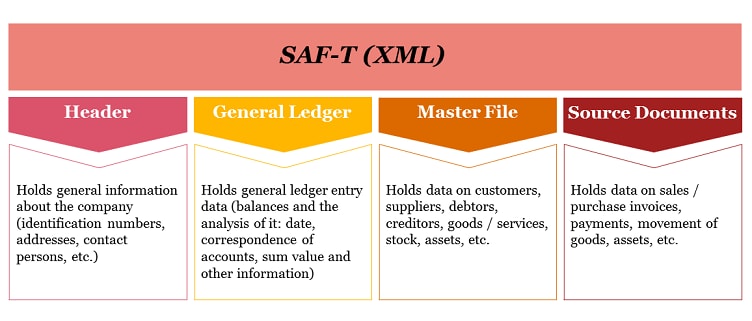Tax audits are an essential component of any country’s fiscal system, and Lithuania is no exception. These audits ensure compliance with tax laws and help maintain the integrity of the nation’s financial systems. Understanding the tax audit process and knowing your legal defenses can make a significant difference in navigating this often daunting experience. This article aims to demystify the tax audit process in Lithuania and provide valuable insights into your rights and options.
Navigating Tax Audits in Lithuania: Key Steps Explained
The tax audit process in Lithuania begins with the selection of taxpayers for auditing. The State Tax Inspectorate (STI) employs various methods to identify potential audit targets, including random selection, risk assessment, and data analysis. Once selected, taxpayers receive an official notification outlining the scope and purpose of the audit. It is crucial to respond promptly to this notification and prepare the necessary documentation to facilitate a smooth audit process.
During the audit, the STI will review financial records, tax returns, and other relevant documents to verify the accuracy of reported information. Auditors may also conduct interviews with taxpayers or their representatives to gather additional information. It is important to cooperate fully with the auditors, providing all requested documents and answering questions truthfully. Failure to comply can result in penalties or additional scrutiny.
Upon completion of the audit, the STI will issue a report detailing their findings. If discrepancies are found, the taxpayer may be required to pay additional taxes, penalties, and interest. In some cases, the audit may lead to further investigations or legal actions. Taxpayers have the right to appeal the audit findings if they believe errors were made. Understanding the audit process and being well-prepared can help mitigate potential negative outcomes.
Legal Defenses Against Tax Audits: Your Rights and Options
Taxpayers in Lithuania have several legal defenses available to them during a tax audit. One of the most fundamental rights is the right to be informed. Taxpayers must be provided with clear and detailed information regarding the audit’s purpose, scope, and legal basis. This transparency ensures that taxpayers understand the process and can adequately prepare their defense.
Another critical defense is the right to representation. Taxpayers have the right to seek assistance from tax professionals, such as accountants or tax lawyers, who can help navigate the complexities of the audit process. These professionals can provide valuable advice, assist in gathering and presenting documentation, and represent the taxpayer in communications with the STI. Having expert representation can significantly enhance the taxpayer’s ability to defend against potential findings.
Lastly, taxpayers have the right to appeal the audit findings. If a taxpayer believes that the STI’s conclusions are incorrect or unjust, they can file an appeal with the tax authorities. The appeal process involves a review of the audit findings by a higher authority, and taxpayers can present additional evidence or arguments to support their case. Understanding and exercising these legal rights and options can help taxpayers effectively defend themselves during a tax audit.
Navigating a tax audit in Lithuania can be a complex and challenging experience, but understanding the process and knowing your legal defenses can make it more manageable. By being informed, prepared, and proactive, taxpayers can ensure their rights are protected and minimize potential negative outcomes. Whether you’re facing an audit or simply seeking to stay compliant, knowledge is your best ally in dealing with Lithuania’s tax authorities.
